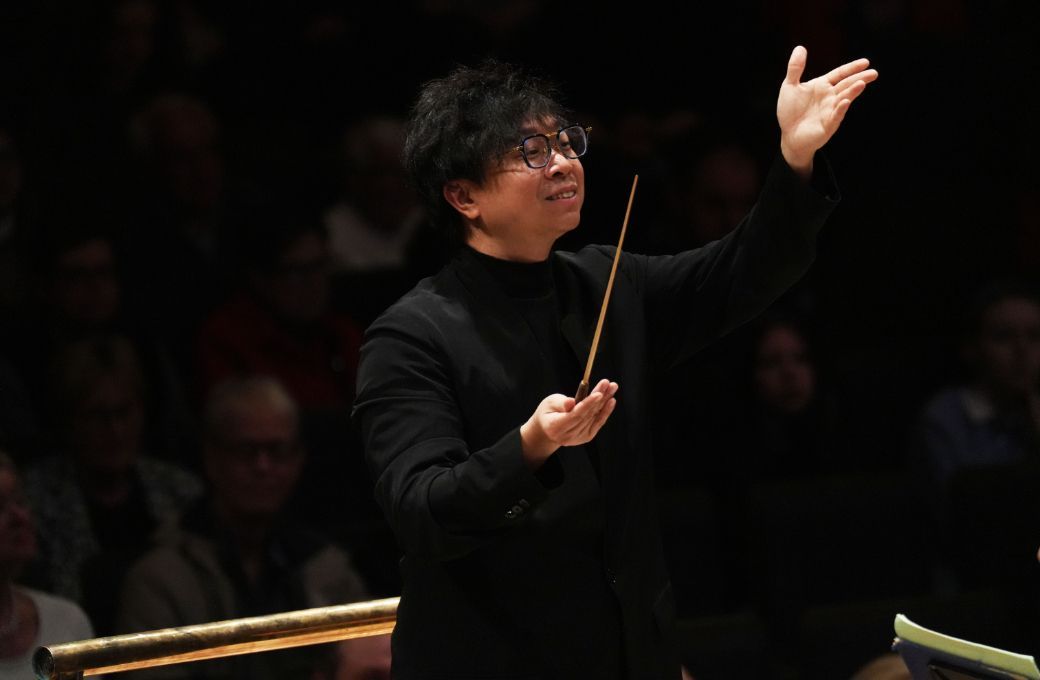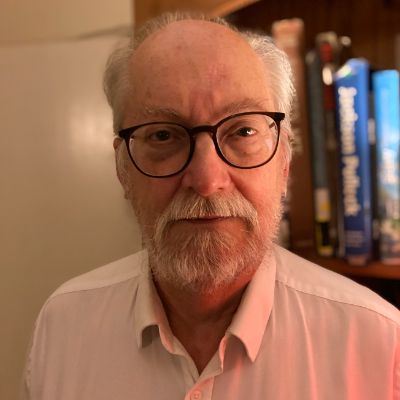Making the slightest critical remark about The Hallé Orchestra is a risky business, so beloved are they of the concert-going public (and this reviewer) but under their new Principal Conductor, Kahchun Wong, they played with a clarity and confidence that hasn’t always been evident in the past, details and nuances revealing themselves in sometimes surprising ways. The strings thankfully remain as velvety and unashamedly emotional as they have always been, a quality which came to the fore in their collaboration with pianist Boris Giltburg in Rachmaninov’s Third Piano Concerto.

Giltburg is as virtuosic and electrifying as they come, and is justly commended for both power and nuance, but at times I felt that he wasn’t really conscious of the orchestra behind him. Rachmaninov's concerto is as discursive as it is episodic, notoriously difficult to control whether from the keyboard or the podium, and there were a few episodes of poor ensemble particularly at the start. Wong could not have been clearer in his direction and the orchestra was magnificently responsive, but there is only so much they could do to accommodate their soloist. Thankfully by the titanically difficult final passages it had all come together, and Giltburg was rapturously applauded by a full house. As an encore he played more Rachmaninov, the hauntingly beautiful A minor Lento assai from the Op.39 Études-tableaux.
Following the controversy surrounding his opera Lady Macbeth of Mtsensk District, the arrests of four of the composer’s relatives and a heavy hint from Pravda that he would be next, Shostakovich withdrew the equally challenging Fourth Symphony before it was even premiered. In the full glare of Stalin’s fury, he began work on the Fifth, sleeping much of the time in the stairwell of his flat in order not to disturb the family should he be arrested during the night.
The coded references to amours and love-rivals, the quotations from his own music and others, a cryptogram of a nose contained within the score, are formidable challenges to understanding which certainly defeated Stalin’s censors. Wong made it as clear as possible, every nuance painstakingly, lovingly observed and, dancing on the podium like a latter-day Rozhdestvensky, brought this extraordinary, enduring masterpiece, (too often misleadingly described as “a Soviet artist’s reply to just criticism“) so vividly to life. It was close to hearing it for the first time.
The great unfolding span of the first movement sang and wept in equal measure and the grotesque Scherzo danced and kicked its jack-booted way around the orchestra before silencing a plaintive solo violin pathetically echoing a Viennese waltz. Pianissimo strings hovered on the cusp of audibility in the intensely personal slow movement, alternating solo flute, oboe and clarinet echoing bird calls on the distant tundra, thunderous brass and percussion in the brisk final movement evoking authoritarian brutality. The final notes were delivered as a terrifying challenge to authority, the bass drum turned towards the audience.


